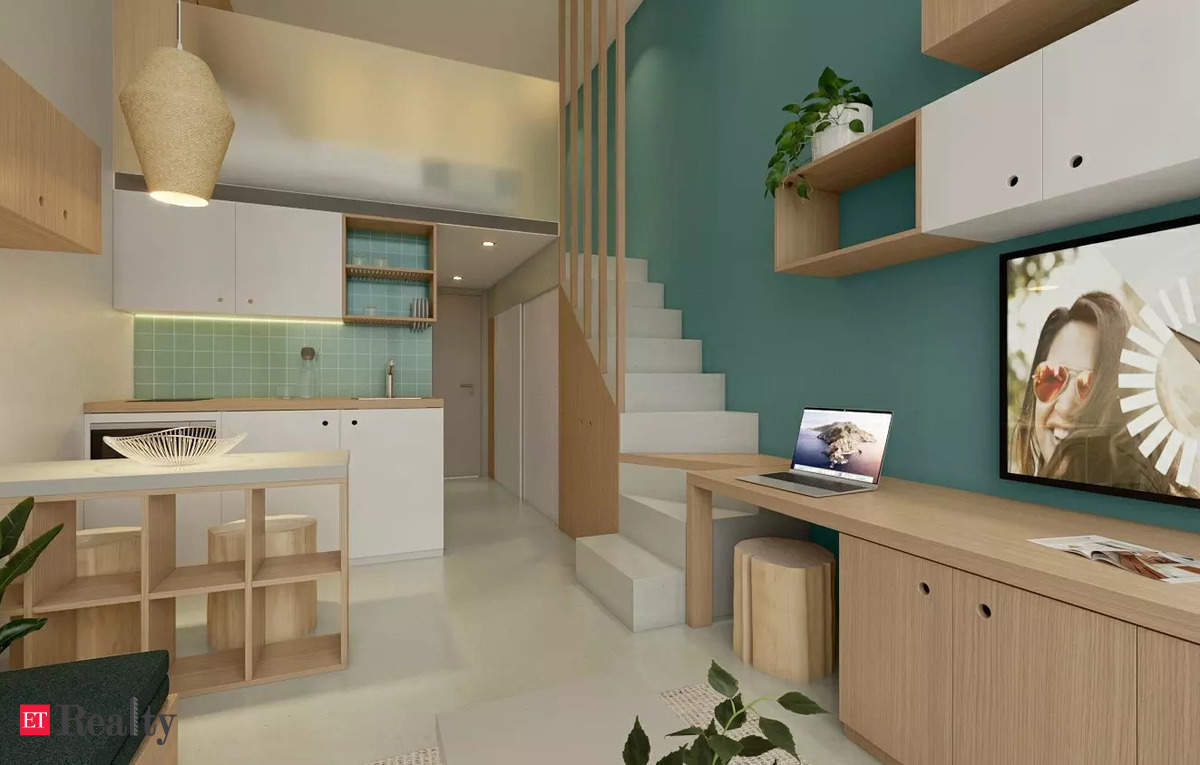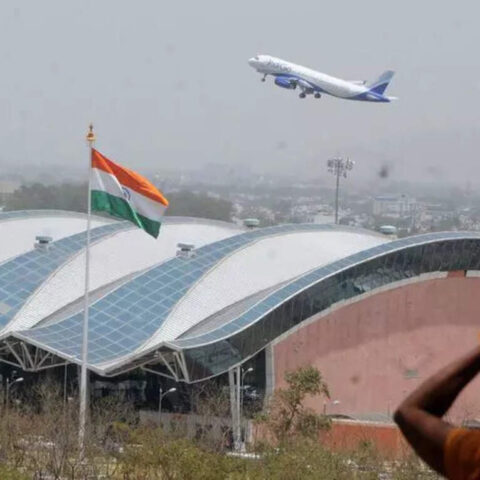
Singaporean hospitality brand Ascott, a subsidiary of CapitaLand Investment, plans to enter the co-living segment in India as it continues to expand the serviced apartment business in the country, a top executive said.
The company, which operates seven assets in India in partnership with real estate developers, plans to open 10 more properties by 2027, while also introducing a co-living brand, said Vincent Miccolis, managing director of Middle East, Africa, Turkey & India at Ascott.
“The co-living brand was created about four years ago in 2019 in Singapore and has been doing extremely well,” Miccolis told ET. The company has opened 33 properties under it, including in Australia, France, Japan and Singapore, he added.
The company believes Delhi would be the perfect market for its co-living brand, Miccolis said.
“We have to convince our local partner here. We have taken some people to see that concept in Singapore to see how it works,” the executive said.
In North India, Ascott has tied up with real estate developer Paras Buildtech to open a 94-room serviced apartment property called Citadines Paras Square Gurugram.
“Gurugram is experiencing phenomenal growth, and this expansion is part of our goal to capture a larger share of India’s dynamic hospitality market, which is expected to clock 11-13% revenue growth in 2024-25. India is a key driver of our global growth footprint, with a target of opening 10 new properties in India by 2027,” said Miccolis.
The company plans to open another property in Gurugram soon, now that most corporate employees have returned to work, and companies often end up booking rooms for executives.
“The property caters directly to the evolving needs of Gurugram’s burgeoning Global Capability Centre (GCC) and technology hub clientele,” said Kunal Rishi, chief operating officer, Paras Buildtech.
The firms will also provide long-term lodging. “We cover the whole spectrum of hospitality, from service residences to hotels, senior accommodations, and even student accommodations. For the serviced apartments, we are also looking at tier-two cities,” said the executive.











